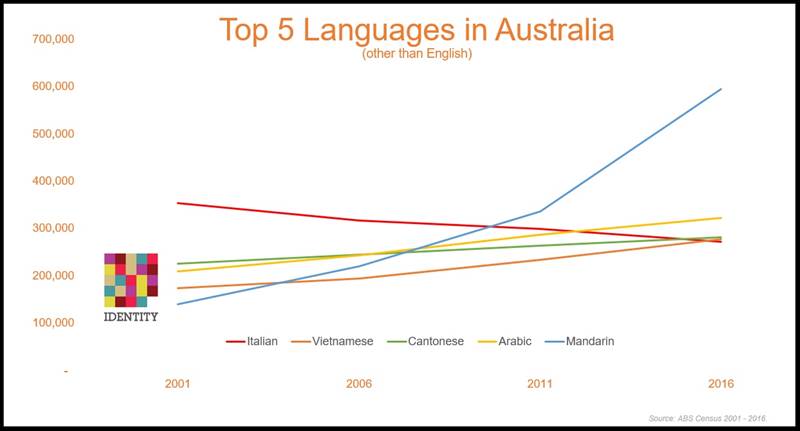A new app has been launched to help culturally and linguistically-diverse parents understand how the internet works and the risks it poses to children.
CyberParent is a free web app developed by the Australian Multicultural Foundation (AMF) that helps parents understand what social media is and the dangers children may face interacting online.
AMF Director Hass Dellal said there was a need to develop a tool that addressed the gap culturally and linguistically diverse (CALD) parents have in understanding their child’s internet behaviour.
“There was already conversation from these parents with regards to social media and the role of internet on young people.
“In the development of our community resilience program we realised there was nothing that provided information to parents, particularly mothers from CALD backgrounds, about the internet and what their children were accessing online,” he said.
Trial
Asiya Rodrigo, a Sri-Lankan born mother of two who took part in a trial mothers' group to give feedback about the app in its final development stages said most of the information about cybersecurity is inaccessible for parents from CALD backgrounds, and as a result, they are at a disadvantage when parenting.
“I think this app is beneficial in that it has taken into consideration the needs of newly arrived parents and those whose English language skills are still developing,” she said.
A significant focus of the app was on implementing strategies to create an environment in which families would be encouraged to have open discussions when there were problems concerning their child’s online behaviours.
“The app gives parents the knowledge and confidence to recognise early warning signs to seek support, and the ability to develop a family environment to talk about these issues,” said Dellal.
Cyberbullying and other dangers
Apart from educating parents and providing tools for open discussion, the app also deals with addressing important preventative behaviours online.
“CyberParent helps parents understand what the dangers of online use are, such as cyberbullying, grooming, privacy issues, racism, online gaming and recruitment.
“One of the precautions is being able to identify early warning signs, of cyberbulling, of unwanted attention. These are all the ways young peoples’ vulnerabilities are exposed,” he said.
Rodrigo said the app has been instrumental in her understanding of the effects of cybersecurity and online interactions.
“The app has informed me about certain behaviours that may indicate what my child has been exposed to, such as cyberbullying, and actions that can be taken to protect my family's privacy and wellbeing,” she said.
Lingo explained
CyberParent drills down to the basics of internet use by explaining through a step-by-step process the what the internet is, what the common social media apps are, such as Facebook and Twitter, and how children use them.
“It is user friendly so that parents and families can navigate it with ease to see what dangers are present in the online world,” said Dellal.
The app provides parents with practical tips, such as establishing rules about the time spent online, developing an internet schedule and keeping devices in communal areas.
Dellal said it also reveals to parents some of the online speech used, like POS (Parent Over Shoulder) and PIR (Parent In Room).
“CyberParent is not telling parents to spy on their children, but it is giving them an understanding of what language young people use, to keep them out of harm’s way,” said Dellal.
Dellal said the app looks at how predators establish themselves online to prey on children mentally, physically, sexually or emotionally.
“One example is how extremist share their personal history and stories to recruit and radicalise.
“The app addresses gaps parents may have that equips extremists with knowledge. It focuses on early warning signs of harassment, grooming and recruitment and provides information on resources from other organisations, such as Bully Zero Australia.
“It gives information on how they use social media platforms to target these vulnerable young people and give them a sense of belonging they haven’t felt before by acknowledging their struggles – a common tactic used to radicalise or groom children,” said Dellal.
Dellal said however it is important to note that a range of anti-social behaviour can contribute to radicalisation.
“It’s all about creating counter narratives to this,” he said.
Speaking your language
The app is available in 17 languages, including English, Greek, Arabic and Dari with a focus on Asian languages.

Dellal said they wanted to capture new and emerging communities in choosing languages the app was accessible in.
“Apart from looking at the top most spoken languages in Australia, we looked at languages for speaker populations that are growing, such as Urdu and Hindi,” he said.
Users are guided through the information both visually and aurally.
CyberParent can be accessed through a variety of devices, including personal computers, tablets and smartphones, and can be downloaded onto mobile devices.










